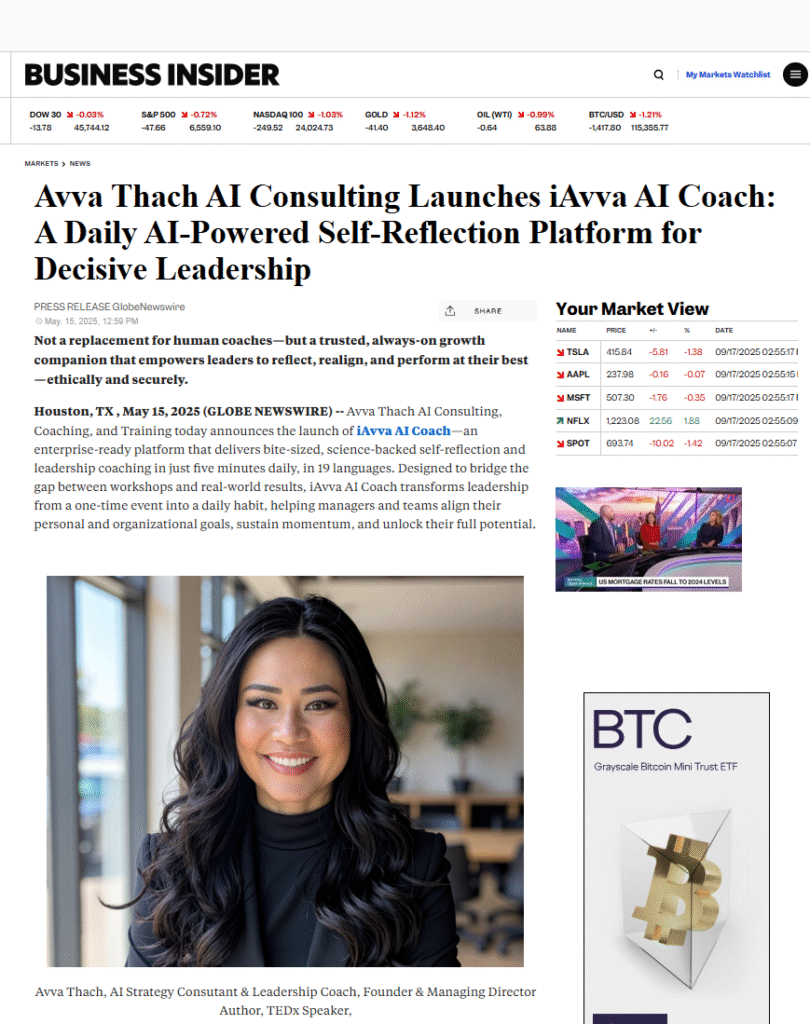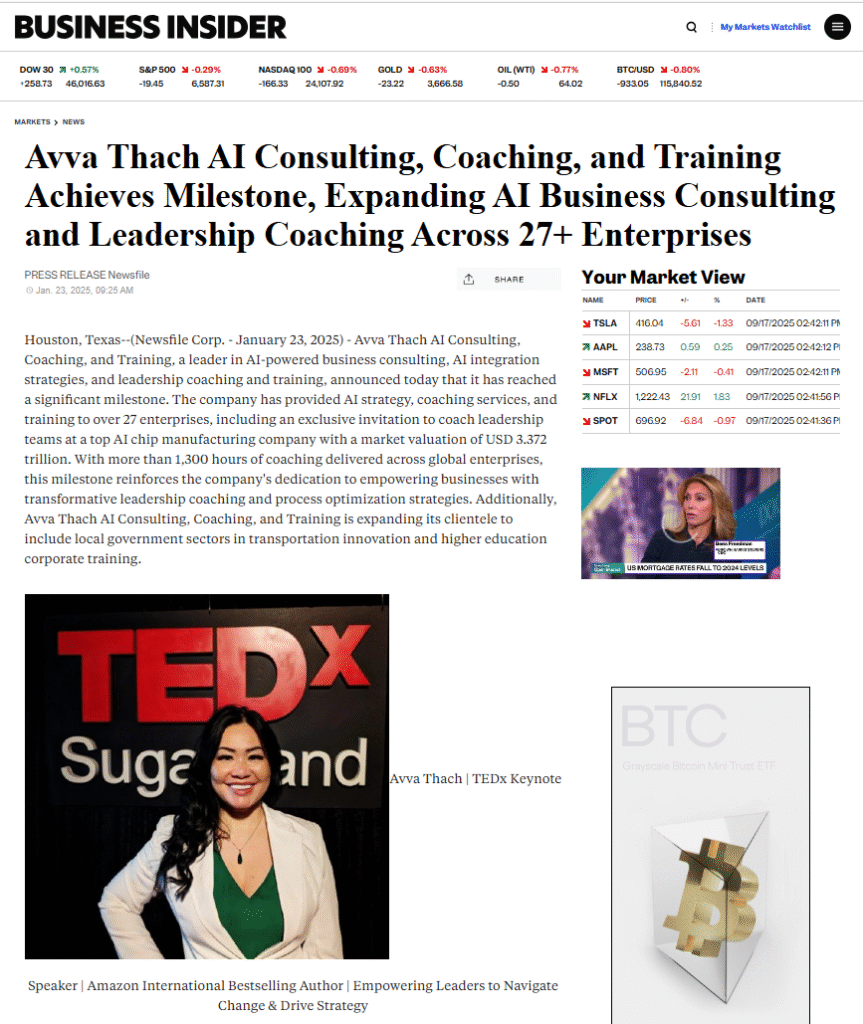In recent years, artificial intelligence (AI) has emerged as a transformative force in various industries, and content marketing is no exception. The integration of AI technologies into content marketing strategies has revolutionized how businesses create, distribute, and analyze their content. By leveraging AI, marketers can enhance their efforts to engage audiences, personalize experiences, and ultimately drive conversions.
As the digital landscape continues to evolve, understanding the role of AI in content marketing becomes increasingly crucial for businesses aiming to stay competitive. The advent of AI has enabled marketers to harness vast amounts of data, allowing for more informed decision-making and strategic planning. With the ability to analyze consumer behavior, preferences, and trends, AI tools can provide insights that were previously unattainable.
This shift not only streamlines the content creation process but also enhances the overall effectiveness of marketing campaigns. As we delve deeper into the various applications of AI in content marketing, it becomes evident that this technology is not merely a trend but a fundamental component of modern marketing strategies.
Key Takeaways
- AI enhances content marketing by enabling personalized, targeted, and optimized content creation and distribution.
- AI tools improve efficiency through automation in content creation, curation, and performance analysis.
- Leveraging AI for SEO and content optimization boosts visibility and engagement.
- Ethical considerations and challenges must be addressed when integrating AI into marketing strategies.
- Successful case studies demonstrate the practical benefits and future potential of AI in content marketing.
The Role of AI in Creating Personalized Content
One of the most significant advantages of AI in content marketing is its ability to create personalized content tailored to individual consumer preferences. By analyzing user data, AI algorithms can identify patterns and trends that inform content creation. This level of personalization enhances user engagement, as consumers are more likely to respond positively to content that resonates with their interests and needs.
For instance, AI can help marketers segment their audience based on demographics, behavior, and preferences, allowing for targeted messaging that speaks directly to each group. Moreover, AI-driven tools can automate the content creation process by generating personalized recommendations or even drafting entire articles based on user data. This not only saves time for marketers but also ensures that the content produced is relevant and engaging.
As a result, businesses can foster stronger relationships with their audience, leading to increased brand loyalty and higher conversion rates. The ability to deliver personalized experiences at scale is a game-changer in the competitive landscape of content marketing.
How AI Can Improve Content Distribution and Targeting

In addition to enhancing content creation, AI plays a pivotal role in optimizing content distribution and targeting. Traditional methods of content distribution often rely on broad targeting strategies that may not effectively reach the intended audience. However, AI algorithms can analyze user behavior across various platforms and channels, enabling marketers to identify the most effective distribution channels for their content.
This data-driven approach ensures that content reaches the right audience at the right time, maximizing its impact. Furthermore, AI can facilitate real-time adjustments to distribution strategies based on performance metrics. For example, if a particular piece of content is performing exceptionally well on social media, AI can recommend amplifying its reach through paid promotions or additional shares.
This dynamic approach to content distribution not only enhances visibility but also allows marketers to allocate resources more efficiently. By leveraging AI for targeting and distribution, businesses can significantly improve their return on investment (ROI) in content marketing.
The Impact of AI on Content Creation and Curation
| Metric | Before AI Integration | After AI Integration | Impact Description |
|---|---|---|---|
| Content Production Speed | 5 articles/day | 20 articles/day | AI tools have increased content creation speed by 4x. |
| Content Personalization | 20% personalized | 75% personalized | AI enables more tailored content for individual users. |
| Content Curation Accuracy | 65% | 90% | AI algorithms improve relevance and quality of curated content. |
| Cost of Content Creation | High | Moderate | Automation reduces manual labor and associated costs. |
| User Engagement Rate | 3.5% | 7.8% | More relevant content leads to higher user interaction. |
| Content Diversity | Limited | Expanded | AI enables exploration of varied topics and formats. |
| Time Spent on Content Curation | 8 hours/week | 2 hours/week | AI automates repetitive tasks, freeing up time for strategy. |
AI’s influence extends beyond personalization and distribution; it also significantly impacts content creation and curation processes. With the help of natural language processing (NLP) and machine learning algorithms, AI can assist in generating high-quality content that aligns with brand voice and messaging. For instance, AI-powered writing assistants can suggest topics, headlines, and even entire paragraphs based on trending keywords and audience interests.
This capability not only streamlines the writing process but also ensures that the content remains relevant and engaging. In terms of curation, AI can analyze vast amounts of online content to identify valuable resources that align with a brand’s objectives. By automating the curation process, marketers can save time while ensuring they provide their audience with high-quality information.
Additionally, AI can help identify gaps in existing content strategies by analyzing competitors’ performance and suggesting areas for improvement. This comprehensive approach to content creation and curation empowers marketers to produce more effective campaigns that resonate with their target audience.
Leveraging AI for Content Optimization and SEO
Search engine optimization (SEO) is a critical component of any successful content marketing strategy, and AI can significantly enhance this process. By analyzing search patterns and user behavior, AI tools can provide insights into which keywords are most effective for driving traffic. This data-driven approach allows marketers to optimize their content for search engines more effectively, ensuring higher visibility and engagement.
Moreover, AI can assist in optimizing existing content by identifying areas for improvement. For example, AI algorithms can analyze page performance metrics such as bounce rates and time spent on page to determine which elements may be hindering user engagement. By making data-backed recommendations for adjustments—such as improving headlines or incorporating multimedia elements—marketers can enhance the overall quality of their content.
This continuous optimization process ensures that businesses remain competitive in an ever-evolving digital landscape.
Using AI for Content Performance Analysis and Insights

Understanding how content performs is essential for refining marketing strategies, and AI excels in providing actionable insights into content performance. By utilizing advanced analytics tools powered by AI, marketers can track key performance indicators (KPIs) such as engagement rates, conversion rates, and audience demographics. This data allows businesses to assess which types of content resonate most with their audience and which strategies yield the best results.
Additionally, AI can facilitate predictive analytics by forecasting future trends based on historical data. This capability enables marketers to anticipate shifts in consumer behavior and adjust their strategies accordingly. For instance, if an analysis reveals a growing interest in a specific topic or format, marketers can pivot their content strategy to capitalize on this trend before it becomes mainstream.
By leveraging AI for performance analysis and insights, businesses can make informed decisions that drive continuous improvement in their content marketing efforts.
AI-Driven Content Automation and Efficiency
The automation capabilities of AI are transforming how businesses approach content marketing by enhancing efficiency across various processes. From automating social media posting schedules to generating email newsletters tailored to specific audience segments, AI-driven tools streamline repetitive tasks that would otherwise consume valuable time and resources. This automation allows marketing teams to focus on higher-level strategic initiatives rather than getting bogged down by mundane tasks.
Moreover, AI can facilitate collaboration among team members by providing centralized platforms for content management and workflow automation. By integrating AI into project management tools, teams can track progress, assign tasks, and ensure deadlines are met without manual oversight. This level of efficiency not only improves productivity but also fosters a more agile marketing environment where teams can quickly adapt to changing market conditions or consumer preferences.
The Future of AI in Content Marketing
As technology continues to advance at an unprecedented pace, the future of AI in content marketing holds immense potential. We are likely to see even more sophisticated algorithms capable of understanding context and nuance in human language, leading to more refined personalization and engagement strategies. Additionally, as consumers become increasingly accustomed to personalized experiences, businesses will need to leverage AI not just as a tool but as a core component of their marketing strategies.
Furthermore, the integration of emerging technologies such as augmented reality (AR) and virtual reality (VR) with AI could redefine how brands interact with their audiences. Imagine immersive storytelling experiences powered by AI that adapt in real-time based on user interactions—this could revolutionize brand engagement and loyalty.
Ethical Considerations and Challenges of AI in Content Marketing
While the benefits of integrating AI into content marketing are substantial, it is essential to address the ethical considerations and challenges that accompany this technology. One significant concern is data privacy; as businesses collect vast amounts of consumer data to fuel their AI algorithms, they must ensure compliance with regulations such as GDPR and CCPTransparency in data usage is crucial for maintaining consumer trust and avoiding potential legal repercussions. Additionally, there is the risk of perpetuating biases within AI algorithms if they are trained on skewed datasets.
Marketers must be vigilant in ensuring that their AI systems are designed to promote inclusivity rather than reinforce stereotypes or discrimination. As organizations navigate these ethical challenges, establishing clear guidelines for responsible AI usage will be paramount in fostering trust among consumers while maximizing the benefits of this powerful technology.
Case Studies: Successful Implementation of AI in Content Marketing
Numerous brands have successfully harnessed the power of AI in their content marketing strategies, demonstrating its potential for driving engagement and conversions. For instance, Netflix utilizes sophisticated algorithms to analyze viewer preferences and behavior patterns, enabling them to deliver personalized recommendations that keep users engaged with their platform. This level of personalization has been instrumental in Netflix’s success as a leading streaming service.
Another notable example is The Washington Post’s use of an AI-powered tool called Heliograf, which automates the generation of news articles based on real-time data analysis. By leveraging Heliograf during major events such as elections or sports tournaments, The Washington Post has been able to produce timely coverage while freeing up journalists to focus on more complex stories. These case studies illustrate how organizations across various industries are leveraging AI to enhance their content marketing efforts effectively.
Tips for Integrating AI into Your Content Marketing Strategy
Integrating AI into your content marketing strategy requires careful planning and execution to maximize its benefits fully. First and foremost, businesses should start by identifying specific pain points within their current processes where AI could provide value—whether it’s automating repetitive tasks or enhancing personalization efforts. By pinpointing these areas for improvement, organizations can develop targeted strategies for implementation.
Additionally, investing in training for team members is crucial for ensuring successful adoption of AI technologies. Providing education on how to leverage these tools effectively will empower marketers to make informed decisions based on data-driven insights rather than relying solely on intuition or experience. Finally, fostering a culture of experimentation will encourage teams to explore innovative ways to utilize AI while continuously refining their strategies based on performance metrics.
In conclusion, the integration of artificial intelligence into content marketing represents a paradigm shift that offers numerous opportunities for businesses willing to embrace this technology. From creating personalized experiences to optimizing distribution strategies and enhancing efficiency through automation—AI has the potential to revolutionize how organizations approach their marketing efforts. However, it is essential to navigate ethical considerations thoughtfully while remaining adaptable in an ever-evolving digital landscape.
By leveraging case studies as inspiration and following best practices for integration, businesses can position themselves at the forefront of this exciting new era in content marketing.
In the ever-evolving landscape of digital marketing, leveraging AI for content creation has become essential for businesses aiming to stay competitive. A valuable resource on this topic is the article titled “Unlocking AI’s Disproportionate Returns: Shifting Focus to DPI,” which explores how companies can maximize their return on investment by integrating AI into their marketing strategies. You can read more about it [here](https://iavva.
FAQs
What is AI content marketing?
AI content marketing refers to the use of artificial intelligence technologies to create, optimize, and distribute marketing content. It involves leveraging machine learning algorithms, natural language processing, and data analytics to enhance content strategy and improve audience engagement.
How does AI improve content marketing?
AI improves content marketing by automating content creation, personalizing content for different audience segments, analyzing large datasets to identify trends, optimizing content for search engines, and predicting customer behavior to tailor marketing strategies effectively.
What types of AI tools are used in content marketing?
Common AI tools in content marketing include content generation platforms, SEO optimization tools, chatbots, predictive analytics software, social media monitoring tools, and customer segmentation systems. These tools help streamline content production and distribution processes.
Is AI content marketing suitable for all businesses?
AI content marketing can benefit businesses of various sizes and industries by increasing efficiency and targeting accuracy. However, the suitability depends on the company’s goals, budget, and willingness to integrate AI technologies into their marketing workflows.
Can AI replace human content creators?
While AI can automate many aspects of content creation, it is generally used to assist rather than replace human creators. Human input remains essential for creativity, strategic decision-making, and ensuring content aligns with brand voice and values.
What are the ethical considerations in AI content marketing?
Ethical considerations include transparency about AI-generated content, avoiding misinformation, respecting user privacy, and ensuring that AI tools do not perpetuate biases. Marketers should use AI responsibly to maintain trust with their audience.
How does AI help with content personalization?
AI analyzes user data such as browsing behavior, preferences, and demographics to deliver personalized content recommendations. This increases relevance and engagement by tailoring marketing messages to individual audience members.
What impact does AI have on SEO in content marketing?
AI enhances SEO by analyzing search trends, optimizing keywords, generating meta descriptions, and improving content structure. It helps marketers create content that ranks higher in search engine results, driving more organic traffic.
Are there any challenges associated with AI content marketing?
Challenges include the initial cost of AI tools, the need for technical expertise, potential over-reliance on automation, and ensuring content quality and originality. Additionally, integrating AI with existing marketing systems can be complex.
How can businesses get started with AI content marketing?
Businesses can start by identifying specific marketing goals, researching suitable AI tools, training their teams on AI technologies, and gradually integrating AI into their content creation and distribution processes. Monitoring performance and adjusting strategies is also important for success.

















Leave a Reply